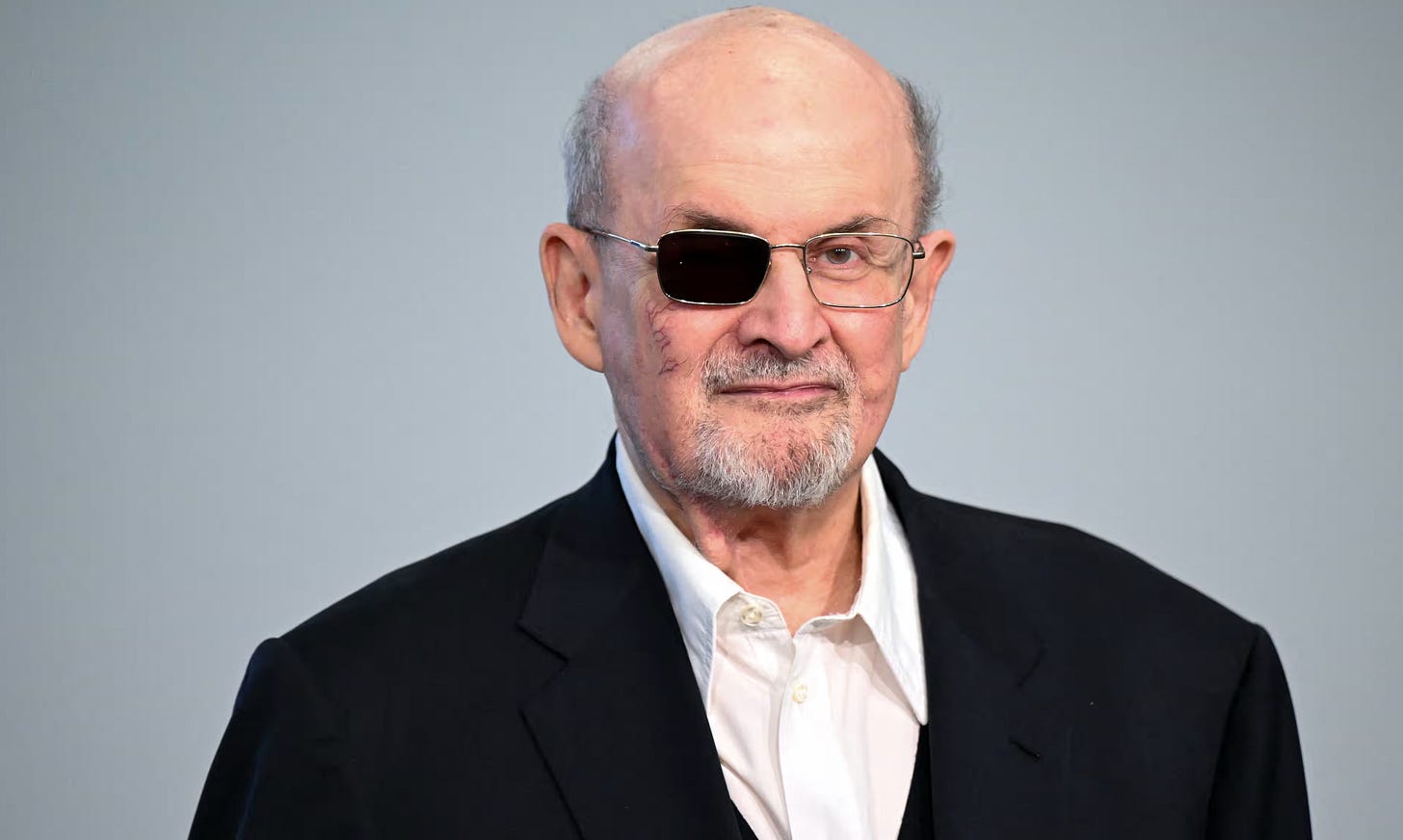From Antifa to Free Speech Advocate
For FAIR’s Substack, Gabriel Nadales writes about his journey from Antifa member to free speech advocate.
Well, around this time I began learning about free-market ideals and I was particularly interested in intellectuals like Milton Friedman and Thomas Sowell. To be clear, I didn’t like them, but I found them interesting. So interesting that I wanted to talk about their ideas with my friends.
So I went with my fellow anarchist friends and I started talking about the free-market, the tragedy of the commons, and all that. I’m questioning our ideals—I'm super excited, and one of them turns to me and says, “You capitalist pig.”
There’s that passion I’m talking about. My friend was so passionate about anarchism that he was unwilling to hear anything that challenged his beliefs, and suddenly, I was his enemy, just for asking questions.
It was my passion that told me that if I wanted to make the world a better place then I needed to get radical, so I joined Antifa.
But I was discovering that passion without reason is dangerous.
Social Media, Not the Economy, is Harming Teen Mental Health
For Persuasion, FAIR advisor Jonathan Haidt writes about the teen mental health crisis.
But the skeptics are not always right. The lesson of “The Boy Who Cried Wolf” is not that after two false alarms we should disconnect the alarm system. In that story, the wolf does eventually come.
The question before us now, on the topic of teen mental health and social media, is this: Are the skeptics correct that we are going through just one more groundless moral panic over teens and tech in which adults are freaking out while, in fact, the harms of social media are so minimal that they shouldn’t be a cause for worry? Or did the wolf really arrive around 2012, and has been mauling young people ever since via their smartphones and social media accounts? (Of course, there are researchers who reside in the space between these two perspectives.)
The US needs a bipartisan, open-minded gender medicine commission
For The Boston Globe, FAIR advisor Lisa Selin Davis writes about a way out of the political impasse over youth gender treatments.
In America, the main problem with the issue of how best to treat kids with gender distress is that it has become intertwined with politics. Some who object to the affirmative model or question it fear the personal and professional repercussions of being cast as a bigot. Some who support the affirmative model in red states that are criminalizing the care fear being jailed. “There are few other areas of healthcare where professionals are so afraid to openly discuss their views, where people are vilified on social media, and where name-calling echoes the worst bullying behaviour,” Cass writes. “This must stop.”
Can DEI Be Salvaged?
For his Substack, Heal the West, Julian Adorney writes about the tenets of DEI and which of the three he believes should be jettisoned.
The point isn't that rejecting foundational Enlightenment ideals is bad (I would argue that it is, but that's a book-length topic). The point is that we should peel back the curtain. A lot of folks support DEI because they support ending racism and sexism and homophobia, not realizing that many DEI practitioners also have in their sights the foundational ideals of the American experiment (While DEI is a big field with lots of different supporters who believe different things, the condemnation of DEI by eminently fair-minded scholars like Jonathan Haidt makes me suspect that these problems run deep). People should still be free to support DEI if they want to, of course; but they should at least be clear on what prominent DEI practitioners are actually saying.

Knife by Salman Rushdie review – a story of hatred defeated by love
For The Guardian, Blake Morrison writes a review of Knife: Meditations After an Attempted Murder by Salman Rushdie.
There were more challenges to come: seven months working with a hand therapist; the unstitching of his right eyelid; a prosthesis fitted in his mouth to make eating less uncomfortable. He doesn’t claim to be brave and gives short shrift to the idea that what doesn’t kill you makes you stronger. Still, it was brave of him to return, a year on, to the amphitheatre where he was attacked, and to feel “lightness. A circle had been closed.” Thanks to love, luck and surgical skill, he’d been given a second chance.
This is “a book I’d much rather not have needed to write,” he says, composed with “one eye and one and a half hands”. But he uses it to “own” what happened, and as a love song to Eliza. As well as documenting his ordeal, it ranges widely, from thoughts about other writers who were victims of knife crime (Samuel Beckett, Naguib Mahfouz: “What was this, a club?”), to memories of childhood and his abusive, alcoholic father, to reflections on violence and on the deaths and illnesses of friends.
FAIR News Podcast
For audio versions of our FAIR News and FAIR Weekly Roundup newsletters, subscribe and listen to FAIR News Weekly on Apple Podcasts, Spotify, Google Podcasts, or via RSS feed.
Join the FAIR Community
Join us, and become a member of FAIR.
Become a FAIR volunteer, or join a FAIR chapter.
Take the Pro-Human Pledge and help promote a common culture based on fairness, understanding, and humanity.
Sign-up for a Welcome to FAIR Zoom information session to learn more about our mission.
Share your reviews and incident reports on our FAIR Transparency website.









